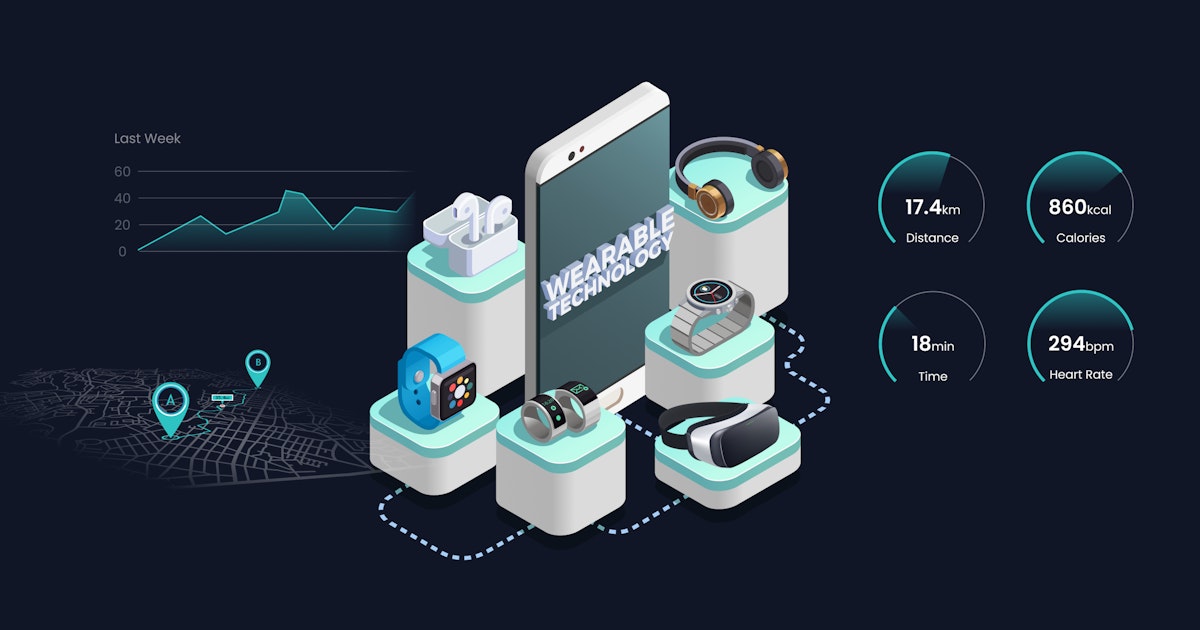Virtual Reality technology is knocking on our doors to transform human life and businesses with its landmark presence. The concept of VR was developed by Ivan Sutherland who invented “Ultimate Display” in the year 1965, a time when it was considered fiction. 40 years later, today, VR is a centre of attraction for the tech world and human life and is getting as real as it can get. Technology giants are investing billions and taking an interest in virtual reality hardware and software development while upscaling the technology itself.
Especially, 2016 will be a landmark in the virtual reality world due to the launch of Oculus Rift VR (created by Oculus Rift), HTC Vive (evolved by HTC) and PlayStation VR (developed by Sony). There are many more tech companies who are working on this concept to make human life simpler, faster and more entertaining than before.
In a recent report, BI Intelligence stated that VR headsets manufacturers across the globe are expected to experience 99% compound annual growth in product shipment from 2015 to 2020.
VR is gaining the attention of smart entrepreneurs as well. They are very much excited to explore advanced ways of doing the businesses using the amazing capabilities of VR such as connecting people, changing human ability to experience things, making geographical locations irreverent and much more.
How VR Helps Enterprises in Doing Better Business?
Advanced Platform for Interaction
As VR devices are making geographical locations irreverent, businesses can conduct meetings with clients/partners through real-time video conferencing facilities. It can be a more personal and natural platform for enterprises where they can have visual interaction with the other party same as a face-to-face meeting. So, enterprises can take advantage of decreased expenditure of business trips to visit the location of client/partner with increased productivity.
Immersive E-commerce Shopping Experience
The size of the product is the primary concern when people are planning to buy clothes, furniture, footwear, etc. from the mobile store. Virtual reality helps businesses in resolving this issue effectively. VR-based mobile apps will allow customers to see the product, check its size and select the right fit easily.
For example; if you want to buy a dining table through a VR app, it gives you a thorough idea about how the dining table will look in your dining space. Such facility reduces the chances of money back for product returns due to inappropriate size and boosts the revenue of retailers.
Rising Customer Loyalty
Deliver a lifetime experience to the user by utilizing the storytelling ability of VR technology. Reveal information about products/services on VR devices to educate, entertain and win the customers more than ever. Through open interaction, businesses can increase the trust of customers and gain their loyalty. Interactive VR devices enable consumers to feel the product/service that plays a key role in making purchase decisions.
Greater Opportunities for Education Market
VR apps drive potential opportunities for the education market by offering enjoyable and enriching learning experiences for all levels of students. It’s a blessing for the students to get assistance from their faculty and friends to learn the curriculum properly. Thus, VR apps take the education product provider companies to the next level and contribute to the growth of students as well.
Increased Bottomline
VR mobile apps excel in connecting people and establishing a transparent communication channel across the users. Such apps are already working for different industry verticals such as entertainment, fitness, health and many others. VR devices boost the business ecosystem by empowering content and media that help marketers in creating brand equity and increasing sales.
Deliver “Anywhere” Experience to Customers
VR-based mobile apps are accessible in any corner of the world. Businesses can be available to the customers to buy products/services anytime anywhere. Using the VR app, different industry domains such as tourism, e-commerce, hotel, etc. can offer a virtual experience of product/service to the users, like a virtual tour. So, users can have a real feel before making a purchase.
Cost of VR App Development
Costing of the VR-based mobile app development depends on the complexity of the project requirements. Intuz works with two pricing models i.e., Fixed Cost and Time and Material Cost. Based on the thorough analysis of project requisites, we suggest a suitable pricing model to the client. Generally, a fixed cost model is best for projects having highly specific requirements. However, a time and material model is recommended for the project having complex and variant requirements.
Virtual reality is a very near-future technology that is seriously considered by several entrepreneurs. Are you one of them? Get in touch with Intuz to accelerate business growth by developing revolutionary VR apps. We help you in reforming the way of doing business by increasing efficiency, inventiveness and thus profitability.




